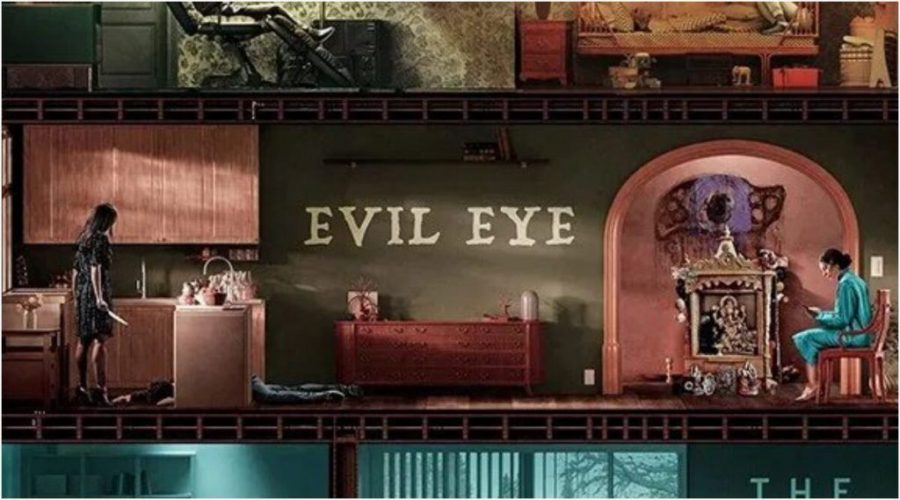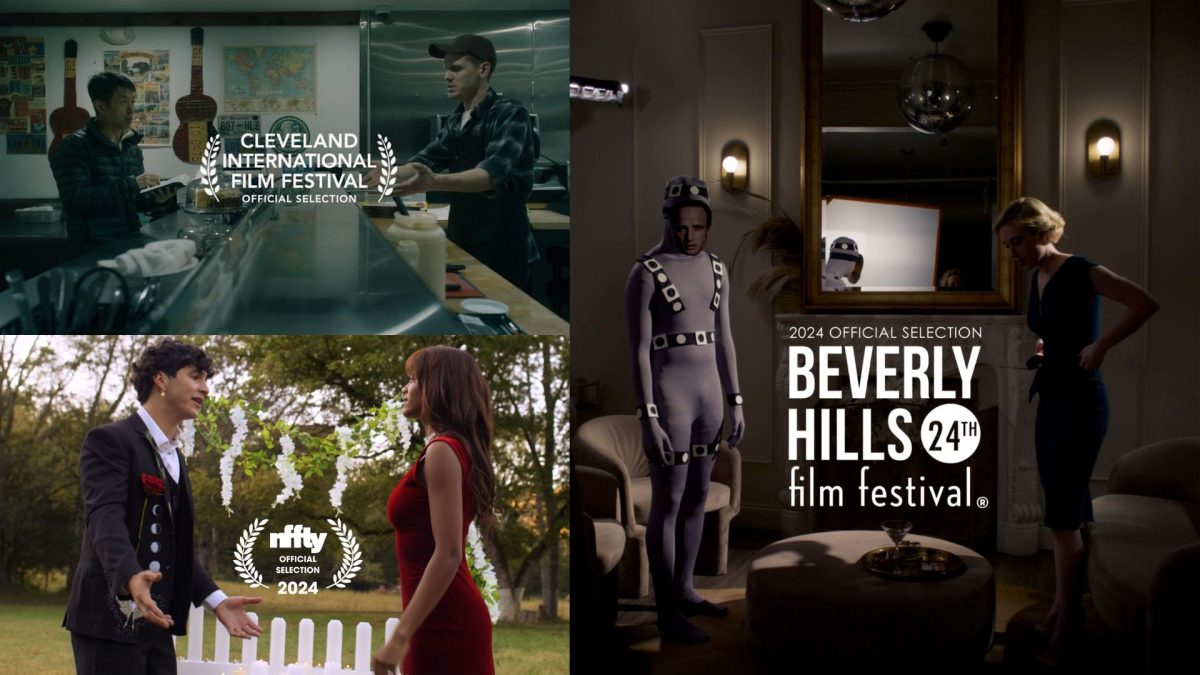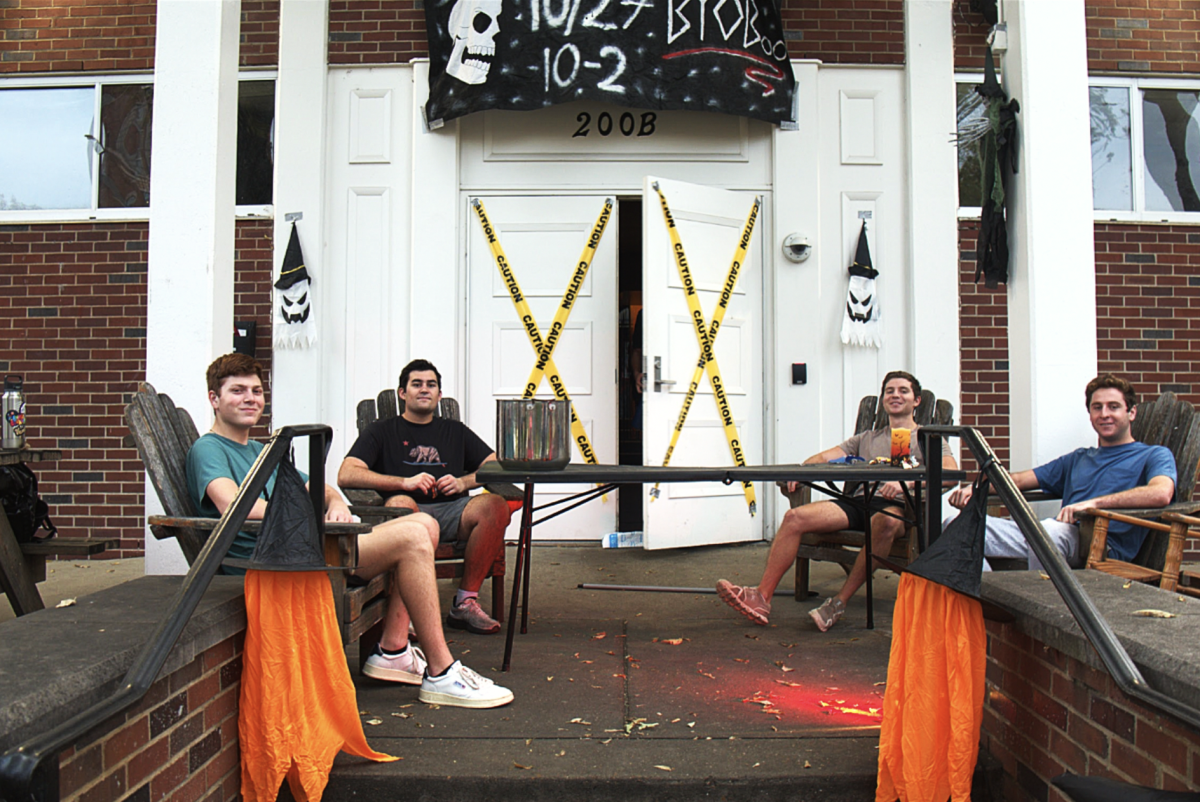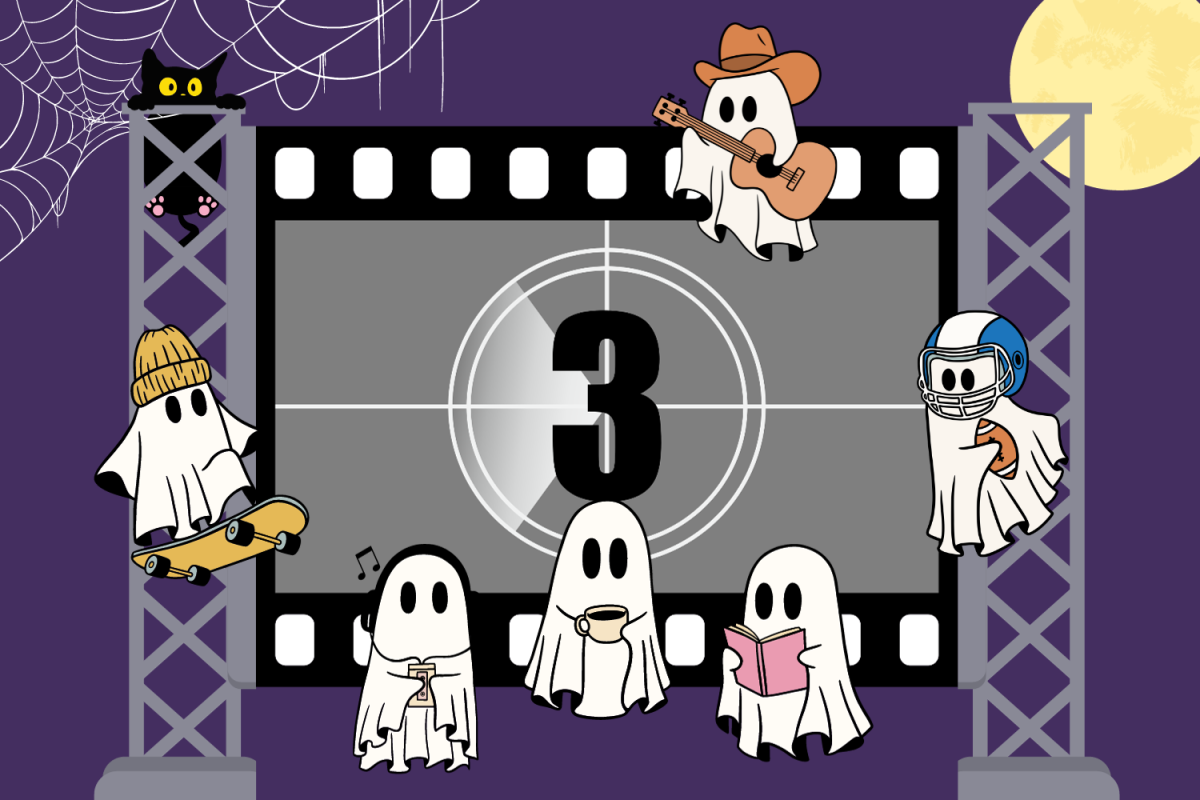I’ve never been one for horror films. I don’t indulge in the yearly Halloween marathons that infect every channel on TV, I can’t tell the difference between Jason Voorhees and Michael Myers and I haven’t watched any films from the “Paranormal Activity” series. When October rolls around each year, “Coraline” and “The Nightmare Before Christmas” are more my style.
However, the horror genre lies adjacent to another that I can get behind: thrillers. The subtle tension, the way the characters get inside your head, the creative and symbolic shot angles—there’s a whole host of reasons to stay glued to the screen. And that’s exactly how I found myself during Blumhouse Productions’ latest psychological thriller “Nocturne.”
By genre standards, the film looks innocent enough on the surface. Juliet, a student at a prestigious arts high school, resents her twin sister Vivian’s superior skill on the piano, so she isn’t afraid to entertain “other options” to ensure her success when she finds a music theory book full of demonic inscriptions. Of course, the book last belonged to a prodigy at the school who committed suicide under mysterious circumstances. You know what happens next.
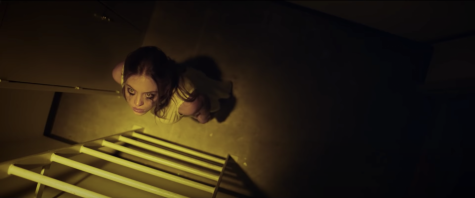
It’s the typical tale of a Faustian bargain with the devil, adapted to a high school setting that’s framed quite realistically. Juliet (played by Sydney Sweeney, i.e. Cassie from HBO’s Euphoria) embodies the stereotypical introverted teenage girl who does her schoolwork diligently and has a few friends, but only just enough to keep from going insane in her solitude.
She’s in her own head more than most kids her age, and it’s these unique circumstances that allow us to experience the quiet resentment she holds toward Vivian (played by Madison Iseman from Modern Family) as if we’re in her head with her. The slow-burn internal seething of Juliet’s character transformation is doubly reflected in both the nonchalance of her ambition, and her exaggerated yet eerie facial expressions. She’s the perfect character for this story, and for this sacrifice.
But if we are in Juliet’s head, we’ve got company. One of the best choices this film makes is the decision not to reveal the specifics of the demonic force in Juliet’s head that fuels her rise to stardom. This ambiguity makes itself known through an abundance of small unresolved ironies, minor events in the movie that play out almost too perfectly.
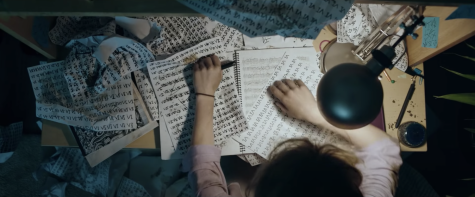
For instance, in one trance sequence, Juliet covers multiple pages with “VI” in hastily-scrawled script, symbolizing not only her search for the missing sixth (VI) step in the invocation, but also the tonal and harmonic ambiguity of sixth chords in music theory and her nickname for her sister, Vi. Additionally, in a scene closer to the end of the film, Juliet dresses in all white for an important stage performance, which we might expect to symbolize purity or virginity—but this scene occurs after the step in the invocation known as “consummation.”
These ironies make us wonder: what is it exactly that the force desires of Juliet? We know as little as she does, but this cloudiness only emphasizes the anxiety of the eventual climax instead of confounding the plot. It produces a satisfying kind of translucent predictability, where we get the general gist of what’s coming next, but other options remain open. As such, the film refuses to take advantage of viewers’ expectations as Juliet takes each additional step along her ill-fated path. Instead, the buildup of suspense is precise yet powerful, so that you can sense it internally and still exit each intense scene feeling fulfilled rather than patronized. Our fidgety anticipation is never truly quenched until the very end.
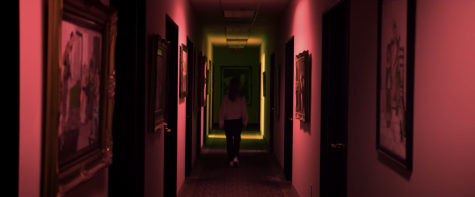
At various intervals along this path, the film creates a masterful interplay between silent scenes and musical sequences (often with the characters themselves playing the instruments) that contributes to the back-and-forth nature of Juliet’s concurrent ascent to fame and descent into madness. The colorful and dramatic lighting choices also reflect this mood, as do the many mirrors that make their way into scenes, where the camera often tilts a very particular way to convey distinct emotions or nuances. The only downside to these creative shot angles and lighting decisions is that they include demonic sun circle imagery that’s more than a little cheesy, but it’s incorporated in unexpected ways that almost overshadow the childish quality of the image.
Where “Nocturne” ultimately shines is in its wholly realistic presentation of a resentful, introspective music student down on her luck, someone who, in her own words, wants to be “more than a footnote” in the dying industry of classical music performance. Naturally, her chance encounter with a prophecy that could grant her that greatness causes her to latch onto it, in the absurd hope that she can be the one to break free of the demonic process with her soul and sanity intact.
If nothing else, Juliet’s role in “Nocturne” teaches us that music takes sacrifice. We can only wonder whether she meant it literally.
Stream “Nocturne” on Amazon Prime Video Oct. 13.














